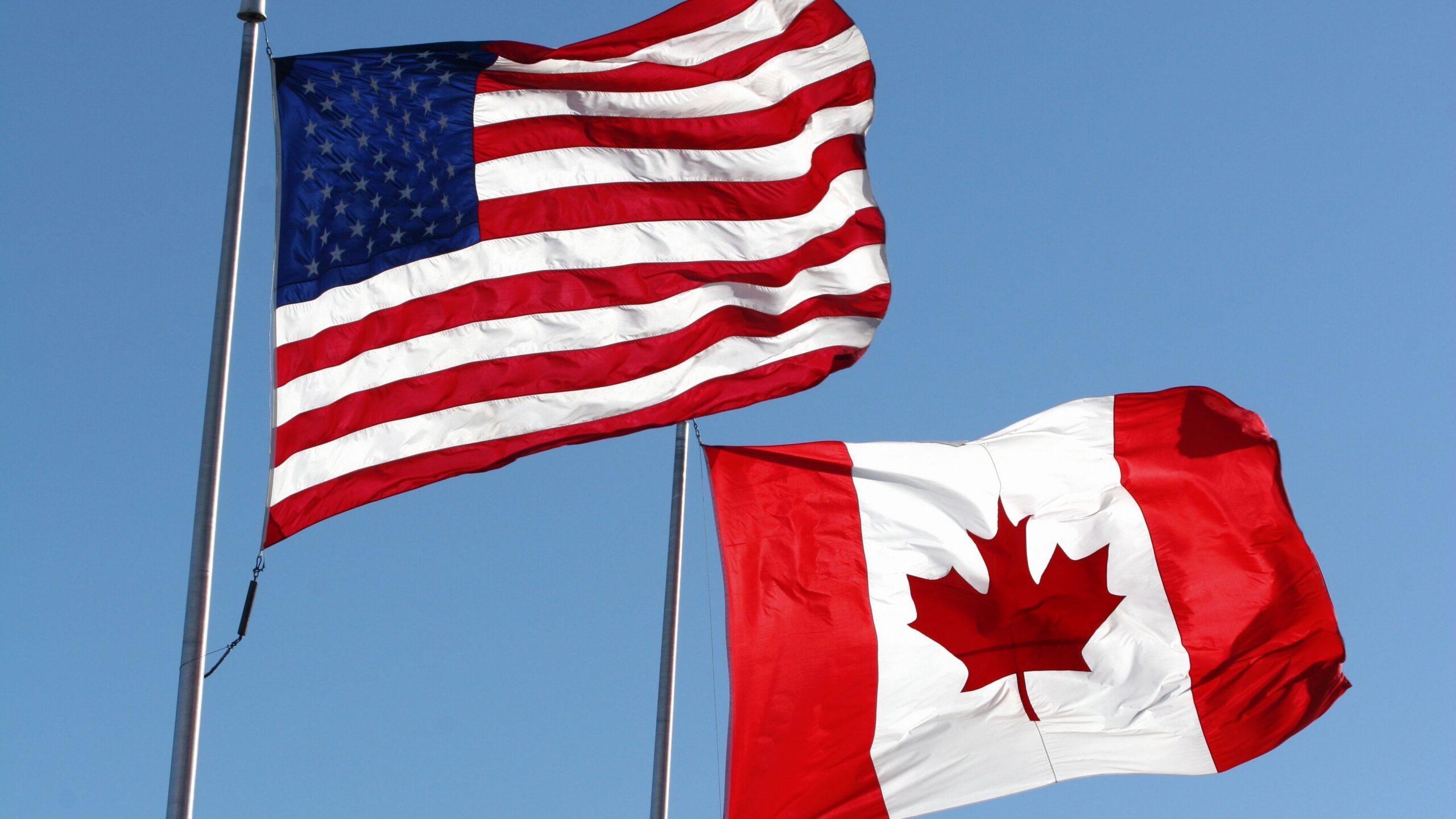Should the U.S. Import its Tech Industrial Policy?

As U.S. trade officials fight discrimination against some leading U.S. tech companies in Europe and around the world, some members of Congress appear ready to propose similar policies here.
A Senate Judiciary subcommittee is holding a hearing this week to consider targeting U.S. tech companies with foreign-style government intervention that would impact internet users from the apps on peoples’ phones to free and low-cost digital services they use to the news they read.
It isn’t surprising when trading partners attempt to favor their own domestic companies over others. The instinct is natural, which is why we have global trade rules that prohibit it.
What you don’t see every day is policymakers considering legislation to hamstring domestic companies relative to their rivals abroad. Yet that is precisely what legislation from the last Congress, which could get reintroduced as early as this week, would do. Congress has considered forcing U.S. companies to play touch football while the rest of the world is playing full tackle.
The policies also make little economic sense. The U.S. digital economy is the envy of the world, helps offset the trade deficit, and boosts the economy. According to the latest figures from the U.S. Bureau of Economic Analysis, the digital economy accounts for 8 million jobs. What’s more, growth in price-adjusted GDP in the digital economy was 9.8 percent in 2021, greatly outpacing growth in the overall economy, which increased 5.9 percent.
As some U.S. policymakers take aim at successful U.S. tech companies, other countries are instead helping their companies compete globally. China has committed to investing 1.4 trillion in its companies’ as they compete on AI, mobile communications and data centers.
Where are calls to “rein in” U.S. firms coming from?
Perhaps competitors wanting to compete, and pursuing regulation instead of innovation, a tactic previously dubbed “swampetition” here at DisCo. Others that could benefit from this otherwise counter intuitive legislation could be industries disrupted by advances in digital services as well as industries that have seen the transformation of the internet directly connecting consumers who need a meal, rides, or places to stay and don’t want to see what that does to health or financial services.
Consumers may complain about insurance, cable, and drug costs, but they don’t support government intervention that could impact low cost and free services available for video streaming, searching for information, video calls, and online shopping with fast shipping. They don’t want reductions in privacy with the legislative requirements for services they use to share their data with services they don’t. They are also not clamoring for the government to get between them and the apps they use or the content they are able to see.
Meanwhile, national security experts have warned Congress that bills like the American Innovation and Choice Online Act (AICOA) from the last Congress would weaken national security due to data access provisions that would give quasi-government foreign companies access to U.S. user data. My earlier post notes a letter by 12 national security experts outlined the security implications of these so-called U.S. company “break up” bills.
More recently in a Newsweek opinion piece former National Security Advisor Robert O’Brien and former Secretary of Homeland Security Jeh Johnson spoke about the continuing danger with the Russian war in Ukraine and how Congress has yet to address the security risks of these so-called “break up” bills.
They wrote that though big tech has “become a rare object of bipartisan demonization,” it should be noted these companies offer information and services that promote freedom and democracy around the world: “Despite the best efforts of closed societies such as Russia and China to keep their citizenry in the dark about their malign conduct, Western platforms are a valuable medium for truth in those societies”.
As noted in a letter signed by 9 tech associations, before policymakers consider another push for the flawed anti-tech bills, they should remember this strategy to target a handful U.S. tech companies failed because consumers did not support it, and experts warned of collateral damage to national security, privacy, and the economy.
Gerrymandering rules simply to punish one group of businesses for the benefit of another is not smart competition policy. If Congress is serious about antitrust reform, it should pursue principles of general applicability aimed at advancing all consumers’ welfare.








